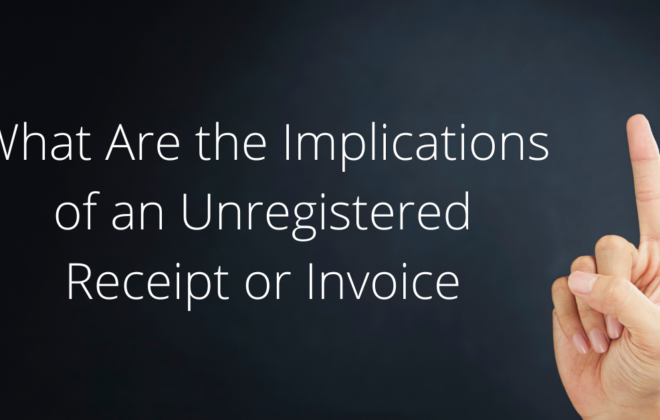Six Things that You Should Know about Foreign Investment in the Philippines
The Philippines, with its strategic location and a population fluent in English, has become an attractive investment destination for foreign entrepreneurs. Whether you’re considering setting up a corporation, partnership, branch office, or representative office, it’s crucial to understand the key facts and requirements for doing business in this vibrant Southeast Asian nation.
In this article, we will explore the essential information you need to know as a foreign investor looking to establish your presence in the Philippines.
Business Registration
Foreign investors must register their business with the Securities and Exchange Commission (SEC) for corporations, partnerships, branch offices, or representative offices.
Sole proprietorships, on the other hand, should register with the Department of Trade and Industry (DTI). Ensuring proper registration is the first step toward establishing a legitimate business presence in the Philippines.
Foreign Ownership
Foreign investors in the Philippines generally enjoy the same rights as Filipino citizens, thanks to the Foreign Investment Act (R.A. 7042) enacted in 1991.
The definition of foreign ownership of corporations can be found in the Corporation Code of the Philippines. However, it’s important to note that certain restrictions on foreign investments exist, and these are outlined in the “Foreign Investment Negative List.”
Foreign Investment Negative List
The Foreign Investment Negative List comprises two categories: Negative List A and Negative List B.
Negative List A outlines investment areas with limitations imposed by specific laws and constitutional mandates. Negative List B, on the other hand, pertains to restrictions based on defense, security, health risks, morals, and the protection of small and medium-scale enterprises (SMEs).
The President of the Philippines has the authority to amend the Negative List, except for activities restricted by the Philippine constitution. Amendments can occur once every two years.
Subsidiary Domestic Corporations
If your company is at least 60% Filipino-owned, it is considered to have Philippine nationality. Conversely, if your company is foreign-owned by more than 40%, it is categorized as a foreign-owned domestic corporation.
Note that if your company falls between 40% and 100% foreign-owned, it must meet certain criteria, such as a minimum paid-in capital of USD 200,000, employing a minimum of 50 direct employees, or utilizing advanced technology.
Retail Trade Enterprises
Retail trade enterprises in the Philippines can be 100% foreign-owned if they have a paid-up capital of USD 2,500,000 or more. If the enterprise specializes in high-end luxury products, the paid-up capital requirement per store is at least USD 250,000.
It’s essential to meet the prescribed capital thresholds to engage in retail trade with full foreign ownership.
Export Enterprises
Export businesses in the Philippines, defined as those exporting at least 60% of their output, can be 100% foreign-owned. These enterprises have the option to file for an exemption from the USD 200,000 paid-up capital requirement.
Examples of Philippine Export Enterprises include business process outsourcing (BPO), back-office operations, IT services, call centers, and web development.
Are you a foreign entrepreneur considering business opportunities in the Philippines? It is vital to navigate the country’s legal and regulatory landscape to ensure a smooth and successful setup.
From registering your business with the appropriate authorities to understanding foreign ownership restrictions and capital requirements, thorough knowledge and compliance are key.
By consulting and working with us, you can streamline the process and gain valuable insights into tax compliance and other necessary measures. Take advantage of the Philippines’ strategic location, English-speaking population, and growing market by exploring the diverse opportunities awaiting foreign investors in this dynamic country.
Send us a message at info@djkaaccounting.com to learn more about how to start doing business here in the Philippines
Related Posts
Recent Posts
- How to Process the Sworn Declaration Required by BIR for Electronic Marketplace Sellers
- Understanding Tax Compliance for e-Marketplace Businesses
- Who Needs to Submit GIS to the SEC?
- Understanding these Financial Ratios for Business Decision-Making Purposes
- What you Should Know about the Ease of Paying Taxes Act





